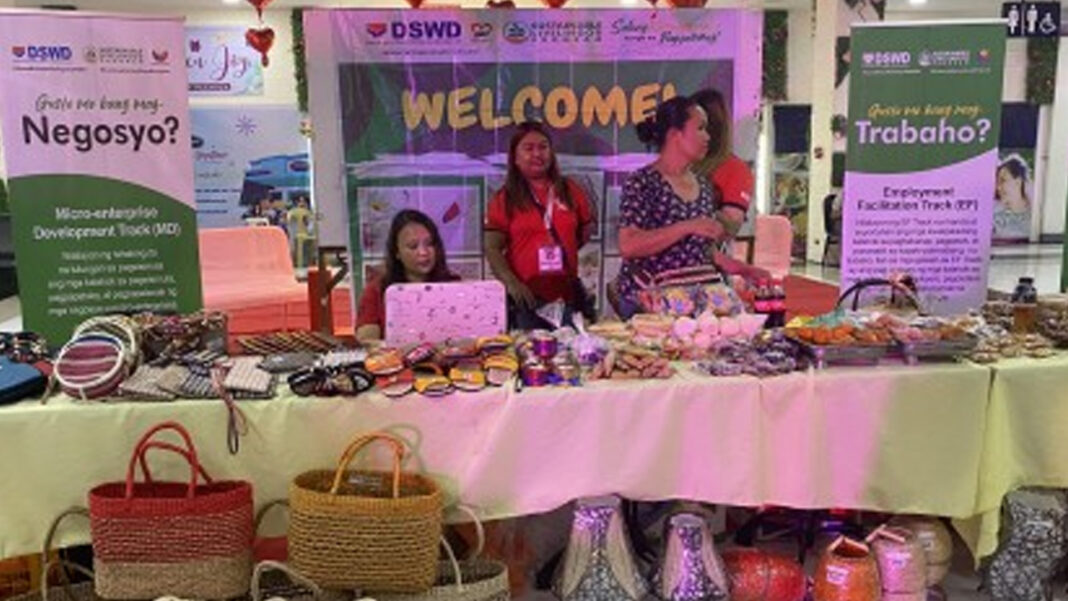Some 15,000 families in the six provinces of the Bicol region will be given various opportunities to earn through the Sustainable Livelihood Program (SLP) of the Department of Social Welfare and Development (DSWD) this year.
In an interview on Tuesday, Earl Maximillan Cecilio, DSWD-Bicol SLP regional program officer, said the SLP will have a PHP295-million fund for 2024.
“The directives of Secretary (Rex) Gatchalian is to prioritize the 4Ps (Pantawid Pamilyang Pilipino Program) beneficiaries to help them become self-sustainable. SLP also observed inclusivity which means we also include non-4Ps, like those poor, and other vulnerable sectors who want a livelihood. At least 40 percent of the total budget is intended for them,” he said.
Cecilio said that for the sustainability of the project, the DSWD also integrated a five-year livelihood sustainability plan into the SLP.
“Before, one time lang yung grant na binibigay, ngayon, (before, the grant was only given one time, now) with the enhanced SLP, meron nang three-tiers. You will be assessed annually and on the third year and fifth year, (if) it shows that you are already diverse, improved and can stand alone, they will be provided with another round of grants,” he added.
Cecilio said associations with an average of 30 members can get PHP950,000 in financial grant under the SLP, while an individual can get PHP15,000, which they can use as capital for their proposed business opportunities.
He encouraged individual beneficiaries to form an association to get bigger grants and intensified capability-building activities.
Showcase of products
Meanwhile, DSWD-Bicol opened on Tuesday the Likhang Hiraya, a three-day exhibit participated in by SLP beneficiaries at the Pacific Mall Gaisano in this city.
Ram Joseph Zaragoza, DSWD-Bicol project development officer for the SLP, said the product display aims to introduce the products to a wider market.
“This is also part of the weeklong 73rd anniversary celebration of DSWD. This is not just to provide exposure to our program participants but the beneficiary itself, to empower them and hope that they will engage and connect in a bigger market,” he said.
The products on display include hand-crafted bags, fans, hats, traditional costumes, local delicacies and crops, among others. (PNA)



